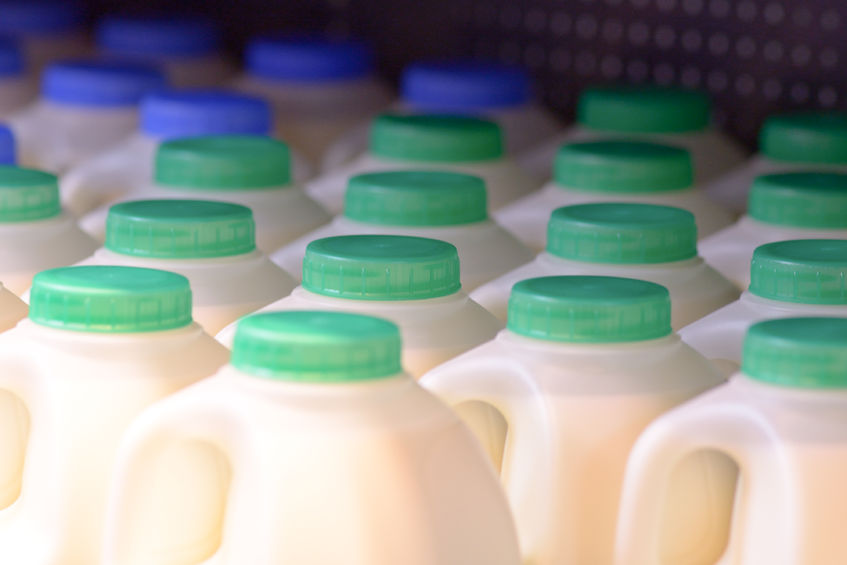Coronavirus: Supply chains 'prone to disruption' as demand changes

NFU Cymru has warned that the food supply chain is 'vulnerable to disruption' as consumer demand changes due to the coronavirus.
The union has written to MPs and Welsh AMs to underline some of the challenges facing the industry at this unprecedented time.
It comes as food retailers continue to see stock fly off their shelves during the Covid-19 pandemic.
John Davies, president of NFU Cymru, reiterated to politicians in Westminster and Cardiff Bay that farmers will ‘rise to the challenges’ that lie ahead.
In his letter, he warned, however, that the UK's supply chains are 'highly complex' and 'vulnerable to disruption'.
Supply chains are currently adjusting to changing consumer demand as they orientate away from the foodservice sector and towards the differing needs of retail outlets.
Mr Davies said: "This is likely to continue to cause some considerable difficulties in the short to medium term but should not unfairly impact on the farm gate price.
“As primary producers we rely not only on having an outlet for what we produce, but also on the ability to bring essential inputs onto farm, such as fuel, fertiliser, veterinary supplies and animal feed.
"If our ability to bring any of these key inputs onto farm is disrupted, then it goes without saying that this will have an impact on our ability to produce outputs such as milk, livestock and crops.”
In his letter to AMs and MPs, Mr Davies provided examples of issues in the dairy and livestock sectors that are causing concern for farmers.
Earlier this week, prices received by farmers for their lambs fell significantly as buyers become increasingly concerned about consumer demand and the ability to get product into export markets.
For milk, the first two weeks of March saw retail demand increase by 15-20% whilst the food service sector saw a 70% drop in demand as consumers stayed away from cafes and restaurants.
Mr Davies said: “The UK liquid milk market is equally split between the proportion of milk which goes into the retail sector and the proportion which goes into food service.
"The increased demand in the retail sector was not, unfortunately, sufficient to offset the decreased demand from the food service sector.
Speaking about the livestock sector, he said: "Our livestock markets have introduced stringent new protocols to ensure social distancing, it is vital that we keep our livestock marketing options open.
“Production cycles in agriculture are of course long and complex and cannot be adjusted easily or quickly in response to rapidly changing demand, something which makes our sector especially exposed to such a volatile marketplace.”








